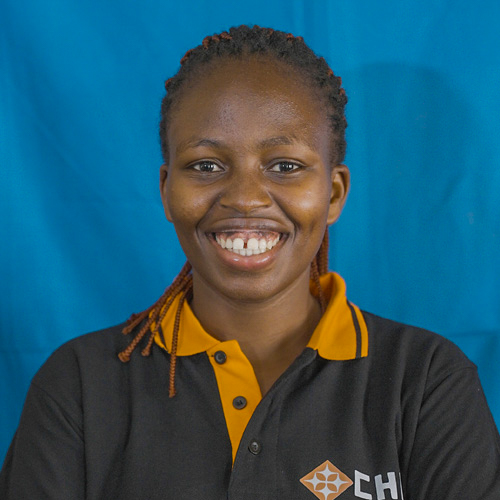In Uganda, where long ambulance journeys often put premature babies at risk of neonatal hypothermia, engineer and innovator Vivian Arinaitwe is leading a life-saving solution.
Her invention, NeoNest, is a low-cost, portable neonatal warming and monitoring device designed to keep newborns warm and stable during emergency transport from rural health facilities to referral hospitals.
Arinaitwe, who grew up in a small village in Western Uganda, witnessed firsthand the devastating impact of limited access to healthcare.

With major hospitals hours away, premature infants often arrived critically cold or unresponsive, drastically reducing their chances of survival.
Determined to change this reality, she co-founded Che Innovations and developed NeoNest, a practical, affordable, and locally sourced device designed for Uganda’s healthcare system.
How NeoNest Works
NeoNest is powered through an ambulance socket and functions like a compact incubator. It continuously monitors and regulates temperature using a smart control system that adapts to environmental changes.
Built from repurposed jerry cans, refurbished laptop adapters, and mattress foam, the device provides an effective and cost-friendly alternative to expensive hospital incubators.
The device features:
- Adjustable straps to securely hold the infant
- A real-time monitoring system that alerts staff with color-coded LED signals and alarms
- A heat-conducting fluid system ensuring even temperature distribution
- Built-in sensors to detect and warn against system failures
Since its rollout, over 100 NeoNest units have been deployed across Ugandan health facilities, significantly reducing neonatal deaths caused by hypothermia.
With a newly awarded patent, Arinaitwe and her team are now working to scale NeoNest nationwide, aiming to make this life-saving device widely available across Uganda.
Arinaitwe is among sixteen innovators from seven African countries shortlisted for the 2025 Africa Prize for Engineering Innovation by the Royal Academy of Engineering
